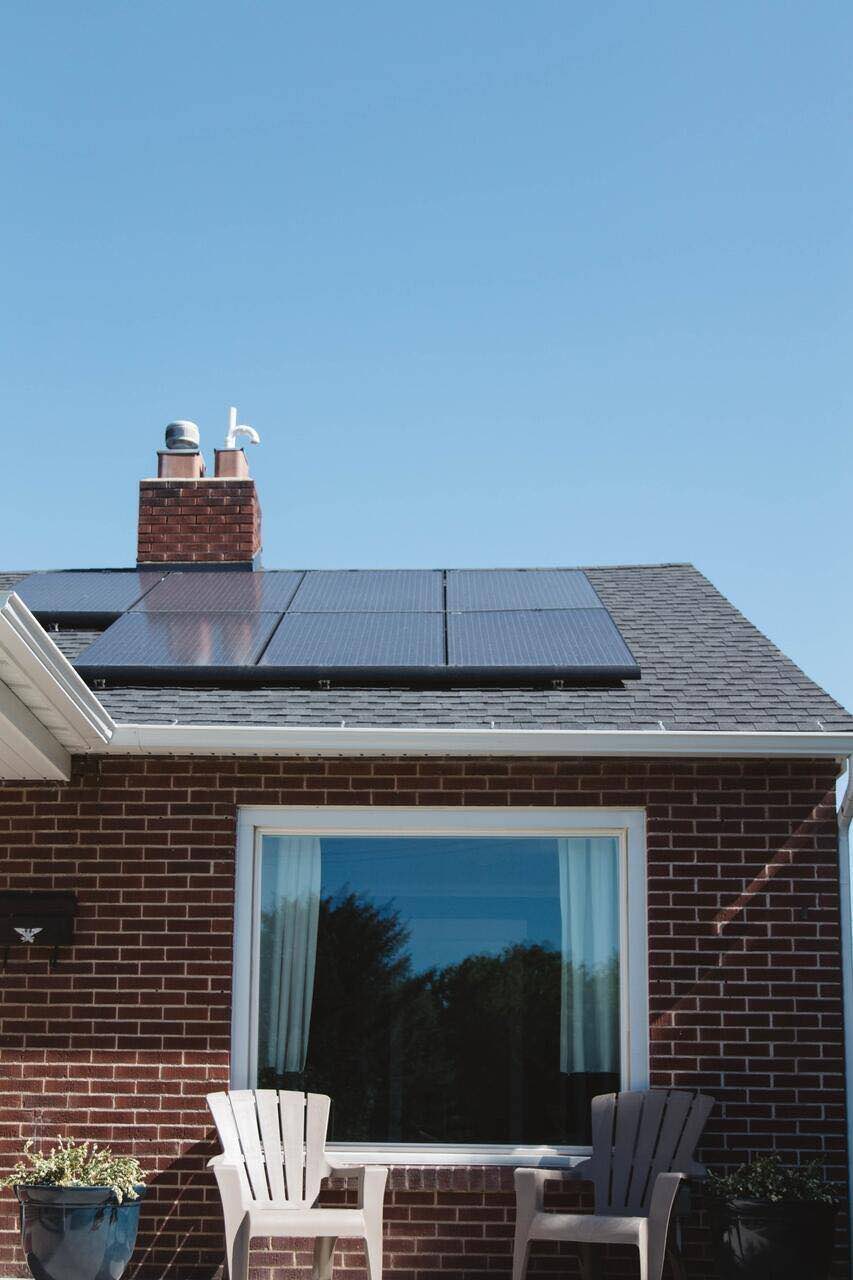

Australia’s leading renewable energy industry bodies are hopeful of averting a looming crisis for the rooftop solar industry, with hints emerging of a “pragmatic solution” to the rushed introduction of controversial new safety and certification requirements for PV inverters.
The SEC and CEC both issued statements last week, while a major global inverter maker issued a call to action, after changes to the certification system and other paperwork for DC isolator-integrated inverters threatened to exclude some brands and models from the market, starting next week.
As One Step Off The Grid has reported, the controversial revisions to rules around inverters with integrated DC isolators requires all products to be re-tested, re-certified and re-listed according to a new Australian standard by December 18, even if previously approved for use under the equivalent international standard.
The changes have come ahead of mandatory inverter re-listings due to apply from mid-December, but some manufacturers are warning it will be impossible for their product to be tested and certified by that time, meaning either delays in installations, or added costs to find a workaround.
And not just because of a lack of time. According to industry insiders, having DC isolators tested to the new AS 60947.3 will be difficult because there is currently nowhere in Australia or anywhere else in the world carrying out testing or certification to that particular standard – at least not yet.
The situation became more critical last week, when the EESS, the electrical safety body in Queensland, revealed it would be enforcing the changes in compliance and testing requirements for residential solar inverters with inbuilt DC isolators in line with the December 18 date.
The CEC on Friday sent an email to members assuring them that it had been working with state electrical safety bodies highlighting this issue and its potentially “disastrous” impacts on industry, and lobbying them and state governments for urgent remediation.
“We have held crisis talks with the Victorian government and are now taking our campaign for urgent action public,” the email said.
“CEC has joined forces with the Master Electricians Association and the National Electrical Contractors Association to call on state Ministers to allow a six month delay to the new rules and today we have sent a joint letter to state energy ministers around the country to impress urgency to rectify.”
On Monday, as at the time of publication, no official reprieve has been announced, but an update from the Smart Energy Council has offered some home.
“Intervention into the certification of DC isolators, a pragmatic resolution is now likely that will avert any shutdown of the solar industry,” the email from SEC chief John Grimes said.
“The details are yet to be finalised, however we understand this will be resolved before the end of the week, in order to provide a safe pathway forward for consumers and manufacturers.
Grimes said members would be informed about the exact form of the resolution as soon as details were available, including details on how the resolution might be applied by each state and territory.
“The Smart Energy Council is confident we have a pathway forward,” the statement said.
Sophie is editor of One Step Off The Grid and deputy editor of its sister site, Renew Economy. Sophie has been writing about clean energy for more than a decade.
This post was published on December 13, 2021 1:36 pm
Iconic Australian hardware and garden store says it has reached 100 per cent renewables, with…
Data used to showcase the downward impact of renewable energy on power prices contained a…
Most so-called ‘community batteries’ are actually installed by electricity networks, but this local group managed…
Rising energy bills are driving a surge in complaints. The NSW Energy Ombudsman wants better…
Australians are often being misled when they try to make sustainable electrical appliance choices, and…
China EV giant bows to trend of offering "complete solutions" for home energy, with launch…